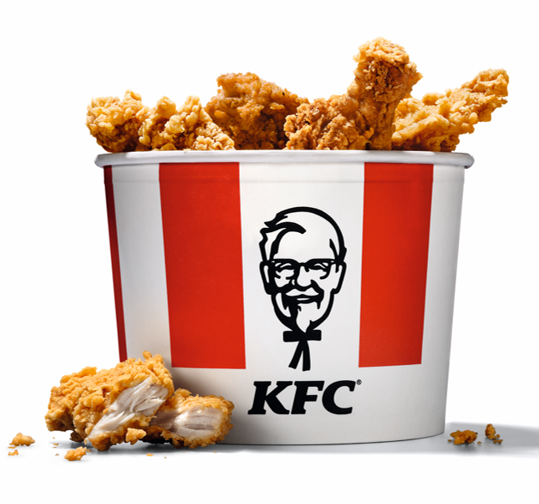#170 KFC blunders in Germany
As several news outlets, including the New York Times and the German Bild Zeitung have reported, Kentucky Fried Chicken (KFC) has recently made a horrible mistake in Germany. On November 9, KFC sent a push notification through its app promoting the addition of cheese to its menu of fried chicken in remembrance of Kristallnacht: “Gedenktag an die Reichspogromnacht – Gönn dir ruhig mehr zarten Cheese zum knusprigen Chicken. Jetzt bei KFCheese!“ (“In remembrance of the pogrom against Jewish people – Treat yourself to soft cheese in addition to our crispy chicken!”), so the message read. Referring to the vandalism against Jewish establishments including shops and synagogues, the pogrom is called “Kristallnacht” or “the night of broken glass”, which started on Nov. 9, 1938 and is often thought of the beginning of the holocaust. The tasteless promotion was quickly called out by users on Twitter and, in all fairness, KFC quickly realized it’s mistake and apologized by promising a thorough review of its internal decision-making processes for its communication. Even if KFC leadership quickly reacted, someone at KFC must have thought that this was a great idea (and, obviously, is in great need of a history lesson).

April 6, 2024 @ 10:45 am
The article about KFC using Kristallnacht memory for cheese chicken promotion in Germany is a big lesson on importance of cultural sensitivity in marketing. I see this as a reminder that understanding history and culture is important for companies. KFC could have included people from diverse cultural backgrounds in their marketing team. This diversity could help in bringing different perspectives that might prevent such insensitive mistakes. Also, consulting with history experts before launching campaigns related to historical events could be a good step.
In addition, KFC could have implemented a more robust review process for their marketing content, especially for campaigns touching on sensitive topics or historical events. This process could involve several layers of approval where the context, potential interpretations, and impact of the message are evaluated against cultural, historical, and ethical standards.
KFC could have also leveraged the use of technology and use predictive analytics and sentiment analysis tools to forecast the potential public reaction to their marketing campaigns.
These actions could help in creating advertisements that are not only creative but also respectful to all cultures and histories. At the end, a lessons learned process out of incidents should be implemented.